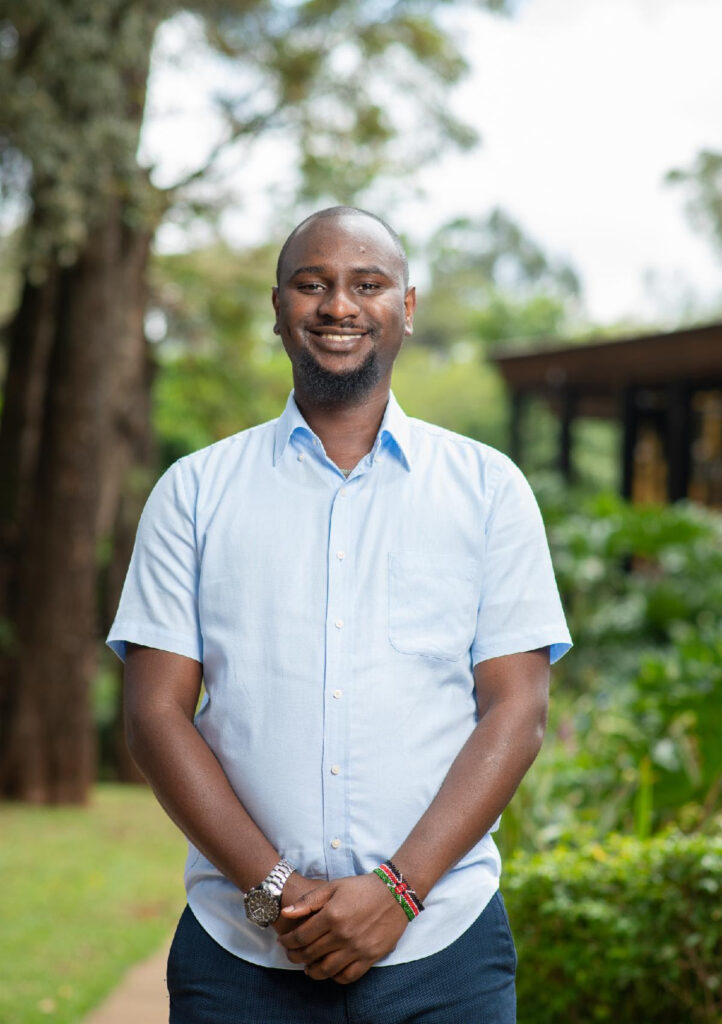By
Davies Mbela, Communications Officer at the Science for Africa Foundation (SFA Foundation)

NAIROBI, Kenya, 17 October 2024 -/African Media Agency (AMA)/- As we commemorate the recent one-year anniversary of renowned health journalist who was also a friend, Elizabeth Merab, we again reflect on Sickle cell Disease (SCD) and how it remains a formidable challenge for the African continent, where it affects millions and continues to claim lives. Merab, known for her relentless advocacy and emotive writing of stories about health crises in Africa, succumbed to one of the ailments she fought to shed light on. Her legacy continues to inspire ongoing efforts to combat SCD across the continent.
Sickle cell disease is a genetic blood disorder characterised by the production of abnormal haemoglobin, leading to distorted, sickle-shaped red blood cells. These cells can block blood flow, causing severe pain, organ damage, and increased risk of infections. The World Health Organization (WHO) estimates that over 300,000 babies are born with SCD every year, with the majority in sub-Saharan Africa. In some regions, up to 2% of all new-borns are affected, and the disease contributes significantly to child mortality rates.
Prevalence in Africa
A recent paper published by The National Institutes of Health (NIH) reports Africa having the highest Sickle cell prevalence globally standing at over 30% of its entire population. The incidences of the sickle cell trait ranges from over 20% in Cameroon Congo, Gabon, Ghana and Nigeria. Uganda stands at 45% while Nigeria bears the greatest burden holding 90% of the world’s population of sickle cell disease patients.
In a recent interview with CNN African change voices, renowned Nigerian singer and songwriter musician Adekunle Almoruf Kosoko AKA “Adekunle Gold,” who has battled sickle cell disease for the last 37 years, speaks of his battle against sickle cell and how it has affected his daily life routines, with a keen focus on triggers and remedies to counter the crises while living a productive life in the global entertainment stage.
Crises are health complications because of the disease, and are characterised by intense pain due to critical blood cell reactions. Known triggers have bordered around infections or physical stress, however they do occur without the said triggers.
Over the years, various pain medications have been developed at both preventive and reactive levels to mitigate crisis occurrence, while some SCD patients rarely experience them.
Intervention
Significant strides are being made in the research and treatment of SCD in Africa, though the journey is fraught with challenges. Several organisations and initiatives are at the forefront of this battle. The Sickle Cell Foundation Nigeria (SCFN) has been instrumental in establishing comprehensive care centres and conducting community outreach programs to educate the public about SCD. They have further developed a sickle cell handbook for doctors and nurses. Their efforts have led to improved patient outcomes and increased awareness about the disease.
Collaborations between NIH and WHO have resulted in several clinical trials aimed at testing new treatments and therapies for SCD. One notable success is the development of hydroxyurea treatment protocols, which have shown to reduce the frequency of painful crises and improve the quality of life for patients.
Despite these efforts, numerous challenges persist. The high cost of treatments, limited access to healthcare facilities, and inadequate funding for research hinder progress. Furthermore, cultural stigmas and lack of awareness continue to impede early diagnosis and effective management of the disease.
Amidst these challenges, there have been notable victories. Increased awareness has led to the establishment of new-born screening programs in several African countries, allowing for early diagnosis and intervention. Educational campaigns have also begun to change public perceptions, reducing stigma, and encouraging families to seek medical help.
The advent of gene therapy holds promise for a future cure. Recent trials have shown that editing the genes responsible for SCD can lead to the production of normal haemoglobin. Recently the Food and Drug Administration (FDA) approved the use of two drugs, Casgevy and Lyfgenia, which are the first cell based gene therapies in use for patients above 12 years, to potentially cure the disease. However, these treatments are still in experimental stages and are prohibitively expensive, underscoring the need for affordable and scalable solutions.
The fight against sickle cell disease in Africa is far from over, but the relentless efforts of researchers, healthcare providers, and advocates like the late Elizabeth Merab provide hope. With continued investment in research, increased public awareness, and improved healthcare infrastructure, there is potential to alleviate the burden of this disease. The SFA Foundation is supporting research that aims to advance the understanding of genetic factors related to sickle cell disease. This research will help improve early detection and prevention of sickle cell complications, through the efforts of the West African Centre for Cell Biology of Infectious Pathogens (WACCBIP), one of SFA Foundation’s grantees.
The future holds promise, but it requires a concerted effort from governments, international organisations, and local communities to turn the tide against sickle cell disease and ensure a better quality of life for those living with it.
Read more about sickle cell disease here: here.
Distributed by African Media Agency (AMA) on behalf of SFA Foundation.
Notes to editor:
Davies Mbela is a communications officer at the Science for Africa foundation.
About Science for Africa Foundation
The Science for Africa Foundation (SFA Foundation) is a pan-African, not-for-profit, public charitable organisation created to support, strengthen, and promote science and innovation in Africa.

